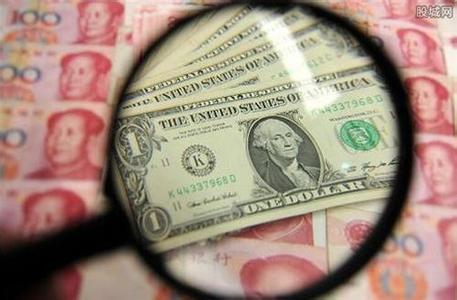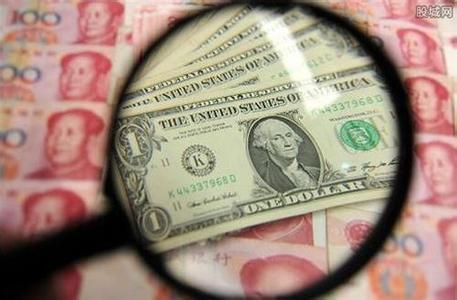
BEIJING, June 7 (Xinhua) -- China's foreign exchange stockpile expanded for the fourth month in a row in May after capital flight pressure eased and the value of the renminbi strengthened.
The forex reserves stood at 3.05 trillion U.S. dollars at the end of May, an increase of 24 billion U.S. dollars from the figure recorded at the end of April, the State Administration of Foreign Exchange (SAFE) said.
SAFE attributed the continuous rise of forex reserves to stable cross-border capital flow and appreciation of non-U.S. dollar assets following a weaker U.S. dollar.
A rapid fall of the reserves and a weaker yuan against the U.S. dollar since mid-2015 had raised concerns about the vulnerability of China's financial system.
As China's economy stands on firmer footing and the government moves to stem illegal capital flight, the stockpile began to increase steadily in February.
In addition, non-dollar reserve assets strengthened, as the dollar index, which measures the greenback against six major peers, had declined around 4.1 percent by the end of May from its April reading.
SAFE also released figures on the country's gold reserves, which amounted to 75 billion U.S. dollars by the end of May, almost on par with a month earlier.
It sees a stable outlook for foreign exchange reserves on the back of a stable economy with rich potential and resilience and the emergence of new growth drivers.
With the country opening its financial market wider to the outside world, cross-border capital flow will have a firmer base for stable and balanced activities, it added.
China International Capital Corporation (CICC) forecasted in a research note that China's forex reserves level may gain further in the near term, as the outflows have become visibly more muted in 2017.
"On the other hand, we expect economic fundamentals in China to remain solid, although the near-term growth may experience a "soft-patch" due to ongoing liquidity tightening and financial deleveraging."
"We do not expect a prolonged period of growth slowdown and deflation following the regulatory house-cleaning ... Even looking beyond the recent spike in the renminbi-U.S. dollar exchange rate, we see the renminbi exchange rate to be well supported by the economic fundamentals," it added.
China's economy expanded 6.9 percent in the first quarter of the year, up from the 6.8-percent growth in the previous quarter and 6.7 percent for 2016. The government has targeted annual growth of around 6.5 percent for 2017.




 A single purchase
A single purchase









